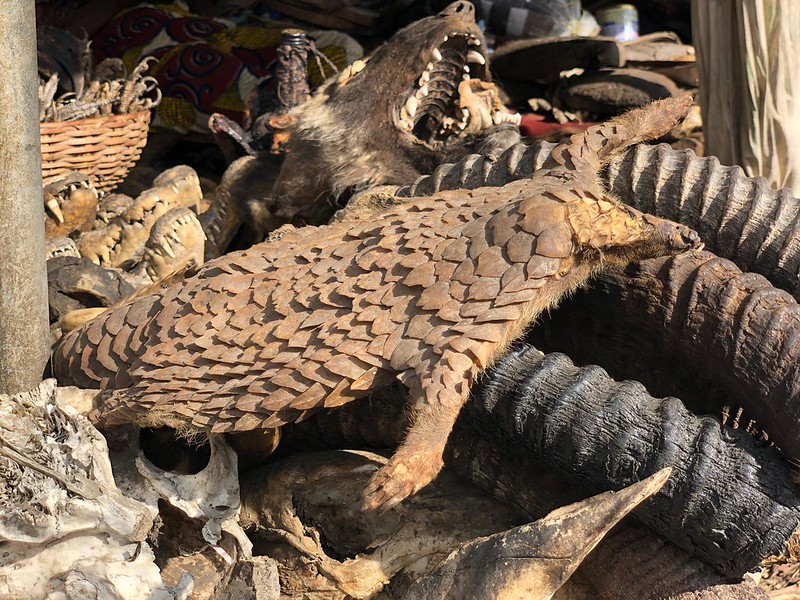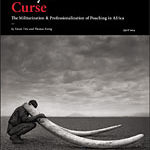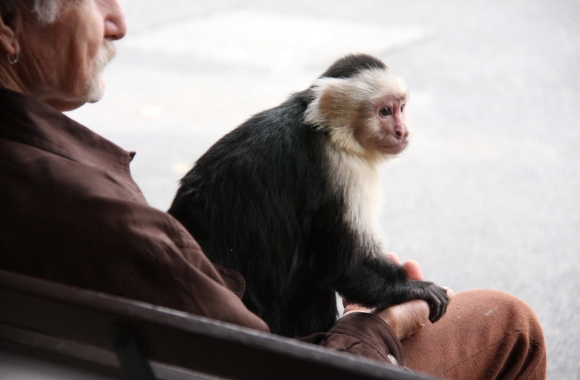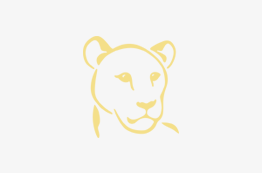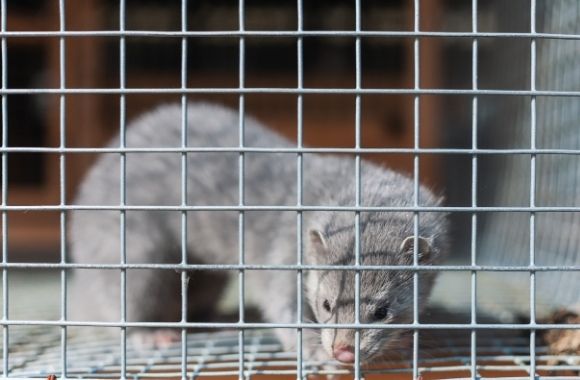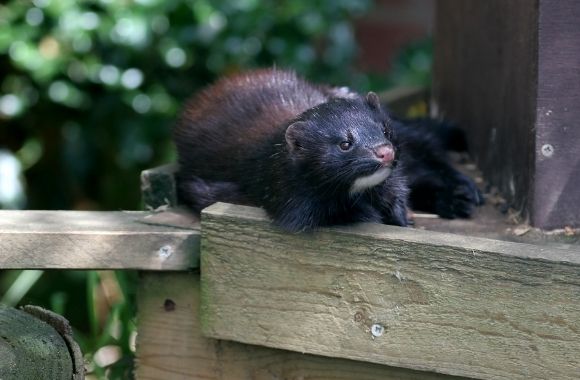COVID-19 and the Wildlife Trade
COVID-19 is an example of a zoonotic disease – an illness that can spread from animals to humans. This new strain of coronavirus is thought to have passed from animals to humans at an exotic animal market in Wuhan, China. Wildlife markets like the one in Wuhan exist across the globe and offer a variety of wild animals for sale both as living specimens and as carcasses. The animals trafficked to these markets include pangolin species, civets, snakes, bats, and baby crocodiles, among many others. The animals and their parts are consumed for food, as well as for traditional medicine.
The World Health Organization estimates that 60 percent of all human infectious diseases are zoonoses and around 75 percent of infectious diseases that have affected people over the past three decades originated from wild animals, including Severe Acute Respiratory Syndrome (SARS), Ebola, Middle Eastern Respiratory Syndrome (MERS), and HIV.
